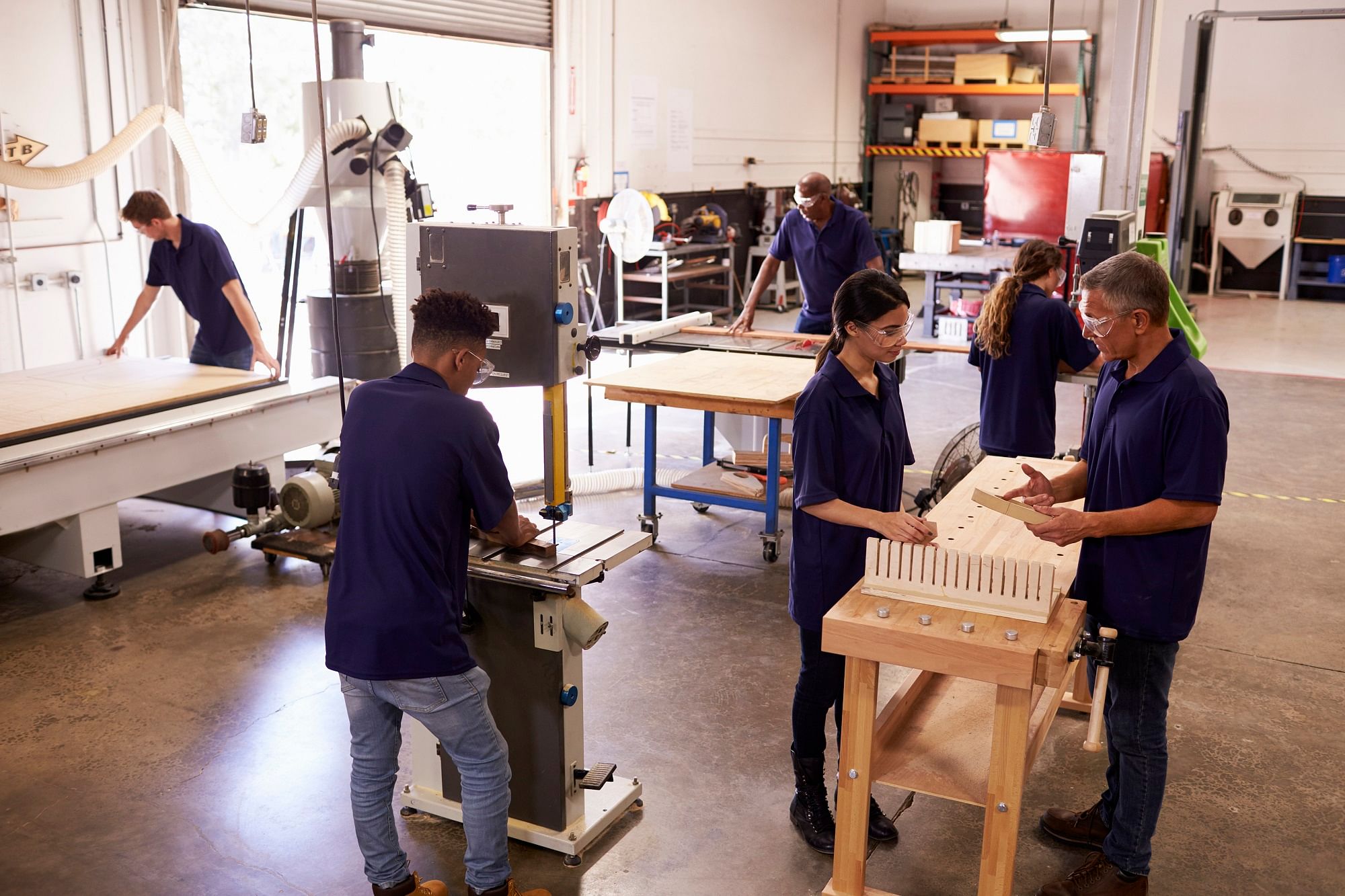
The dynamically changing job requirements demand improvement in skill sets among young professionals. Hence, it is important for them to have undergone a rigorous vocational training. However, vocational training in the country is variable in quality and less emphasis is laid on hands-on, experiential learning.
There is no doubt that vocational education serves as a wonderful option for youths with suitable skill sets to avail immediate jobs rather than go through an expensive university education that may not guarantee a job! So, only a robust curriculum that lays emphasis on on-field training can bring about the desired results for job aspirants. As Benjamin Franklin once said, “Tell me and I forget, teach me and I remember, involve me and I learn.” This is all the more true in vocational training.
Hands-on learning
Today, one can see many takers for vocational jobs, or jobs that are related to a particular trade, due to high job growth and lack of skilled workers. Hence, vocational training courses will need to ensure that learners are responsive to employers’ needs. However, the skills that students need to thrive in their profession can only be acquired if they have a hands-on training in addition to the theoretical knowledge they gain through textbook-based learning. Doing so can enable students to know if they have selected the right
specialisation. Additionally, this can also prevent any confusion students may have about their choice. Hence, it is important that students undergo a short training programme.
In this light, a structured apprenticeship system is a solution as it provides students the opportunity to get on-the-job training. This can enable students to develop skills in line with the demands of the workplace and help resolve practical issues at workplaces in a competent manner.
Hands-on activities during on-field training through an apprenticeship system will help in direct application of the acquired knowledge. It adds real value by providing a golden opportunity for the skilled person to take marketable skills from the vocational training school directly to the place of work!
Vocational training with emphasis on apprenticeship is needed for specific job functions ranging from carpentry and hairdressing to tourism management and construction. What’s more, in many cases, some skills that students gain are transferable. This can help them work in different departments in their workplace. As efficient hands-on-training modules are not universal, dissemination and sharing good practices to other industries will be valued highly.
There is, therefore, an immediate requirement to restructure training programmes in vocational schools. Doing so can ensure that these schools can produce highly skilled specialists who contribute to the growth of various industries and in turn, the country’s economy.
(The author is with LabourNet Services, Bengaluru)